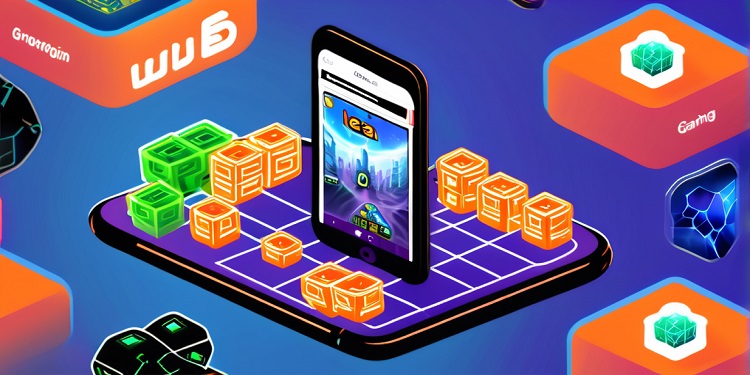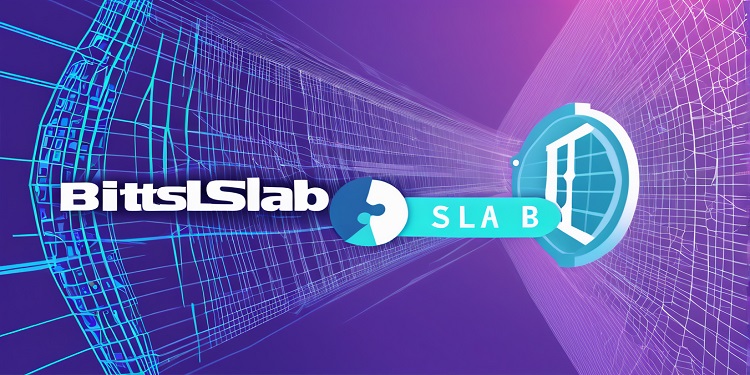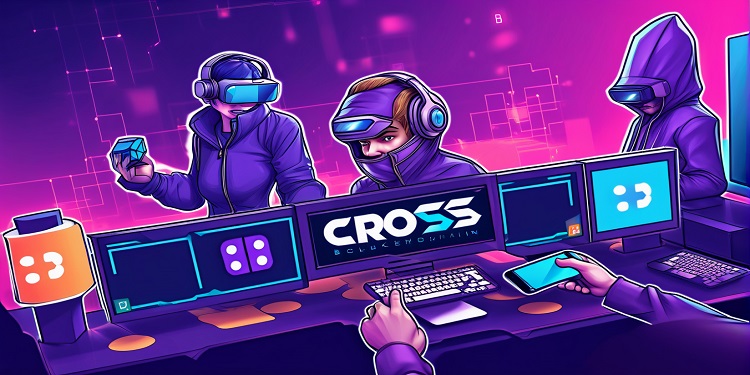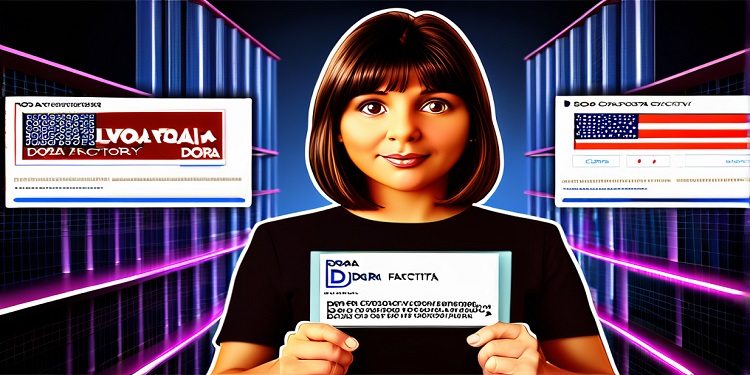The gaming industry has experienced remarkable growth over the past decade, evolving into one of the most lucrative sectors globally. In 2010, the video game market was valued at approximately $62.7 billion. This figure nearly doubled to $120.4 billion by 2017, driven by the rise of mobile and social gaming. By 2021, the industry had surged to a staggering $214.2 billion, marking a 78% increase within four years.
While console and PC gaming maintained steady growth, the dominance of social and mobile gaming expanded rapidly, appealing to a wider demographic across age and gender lines. These developments significantly shifted the market’s dynamics, carving out a substantial share of the industry’s revenue.
The Rise of Web3 Gaming
The late 2010s witnessed the emergence of Web3 gaming titles like CryptoKitties. However, the COVID-19 pandemic and subsequent lockdowns accelerated the popularity of such games. During a period of financial instability, Web3 games introduced a novel play-to-earn model, allowing players to earn and trade digital assets, including cryptocurrencies and non-fungible tokens (NFTs).
Despite their innovative mechanics, early Web3 games faced criticism for their complexity, rudimentary graphics, and lack of engaging storylines. These games often required significant time investment and were not perceived as enjoyable by mainstream gamers. Nevertheless, they played a pivotal role in onboarding new users to the blockchain ecosystem.
As traditional gaming sectors thrived, Web3 gaming largely overlooked the casual mobile gaming market. By 2022, mobile gaming constituted 61% of the overall market, generating over $130 billion.
Leia’s Bold Move in Web3 Gaming
Amid a recovering crypto market, a new initiative led by former Playtika designers aims to bridge the gap between casual mobile gaming and blockchain technology. Leia, a Web3 gaming company, has announced the launch of its $LEIA token on Gems, a community-driven launchpad. This token aims to enhance the Web3 gaming ecosystem by powering a variety of skill-based and casual games.
Through its partnership with Gems, Leia plans to expand its “Pikmi” gaming platform, bolster marketing efforts, and conduct alpha testing for its core titles. The Pikmi platform offers a collection of skill-based mini-games with built-in tournaments and community events. It seeks to provide a seamless gaming experience for both Web3 enthusiasts and newcomers.
Gems: A Launchpad for Disruptive Innovations
Gems operates as an exclusive launchpad, selecting projects with high disruptive potential. Since its inception, Gems has successfully raised $198 million across its initial three projects. Its ecosystem is supported by a network of 4,000 community leaders who provide technical and business development support.
Leia’s selection for the Gems platform highlights the project’s promise in addressing critical issues within Web3 gaming, including user experience and payment infrastructure. Gems’ CEO noted Leia’s experienced team and innovative vision as key factors behind its inclusion on the platform.
Simplifying Web3 Gaming for the Masses
Leia’s Pikmi platform is designed to cater to gamers unfamiliar with blockchain technology. It features a custodial crypto wallet that requires only an email login, enabling users to access the ecosystem without prior crypto knowledge. The $LEIA token facilitates real-money tournaments with low transaction fees, overcoming traditional mobile gaming payment barriers like in-app purchases and third-party services.
Looking ahead, Leia intends to integrate decentralized finance (DeFi) features into its ecosystem, offering users additional financial tools within the gaming platform. The project aspires to redefine Web3 gaming by combining engaging gameplay with seamless crypto-based functionalities.
As Leia continues to grow, the company has garnered positive feedback from investors and its community, signaling strong support for its innovative approach to gaming and blockchain integration.









